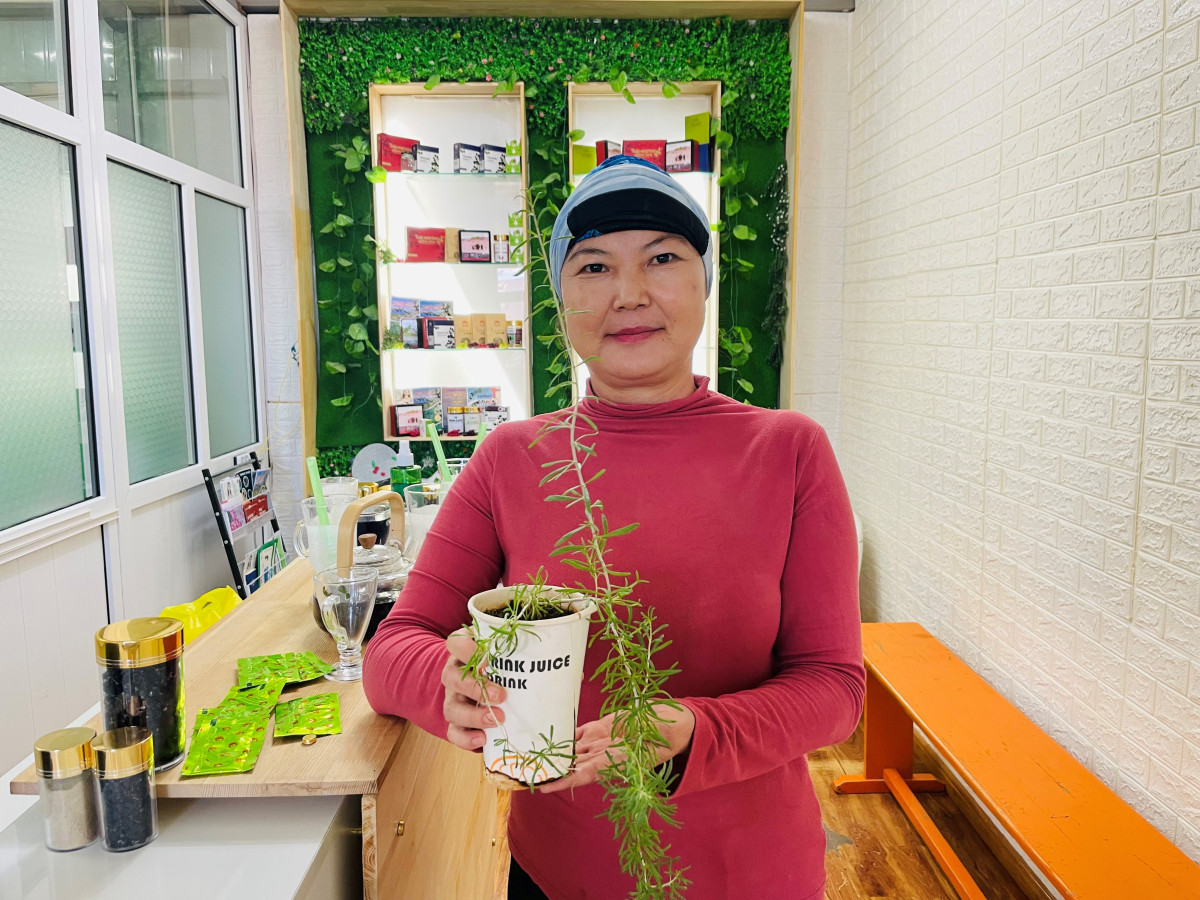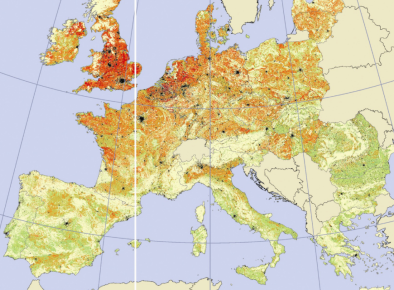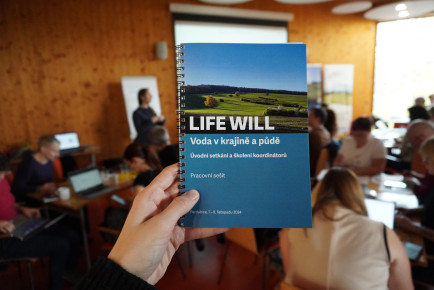How one economist gardener is combating climate change
Published: May 13, 2022 Reading time: 3 minutes Share: Share an article
The recent IPCC findings on climate change are once again troubling. The IPPC paints a world where, if no immediate action is taken, we will see a significant increase in natural disasters – droughts, flooding, severe weather events, the loss of habitats, and so much more.
The good news is that there are options, such as climate-smart agriculture and ecosystem-based disaster risk reduction, for climate-resilient development pathways in Asia. With innovative entrepreneurs and activists ready and planning to step up to the challenge, there is growing momentum to tackle the climate crisis.
“I’m an economist statistician. I’ve been studying for several years on what the private sector can do to address global climate change and the local challenge of desertification,” said B. Bayarchimeg, a resident of Mongolia’s South Gobi and a local business leader.
But, B. Bayarchimeg isn’t just learning about the problems either. She is taking action by deploying her knowledge and skills obtained as an economist.
A serial entrepreneur and passionate advocate for sustainability, B. Bayarchimeg is the founder of "Khatan Kharmag" LLC. Her company produces dozens of types of products, ranging from tea to soaps.
“All of our products consist of natural ingredients found in the Gobi region. But we didn’t just stop there. We have also planted more than 100,000 berry trees/bushes since launching our company in 2017,” said B. Bayarchimeg.
Khatan Kharmag approaches its business in both a sustainable and circular in fashion -- sourcing locally grown agri-foods and revitalizing the eco-system through the planting of thousands of berry trees. As a result of this approach, their business model also contributes to a reduction of greenhouse gas emissions as the berry trees can act as a carbon sink – absorbing carbon dioxide from the atmosphere.
“Through our EU-Switch Asia funded "Switching On the Green Economy Project" (SOGE), we are looking forward to work with, and learn from, entrepreneurs just like B. Bayarchimeg,” said G. Lkhagvasuren, SOGE Project Manager at People In Need.
The SOGE project aims to support agri-food and beverage SMEs and retailers in adopting circular economy practices through a market-based eco-labeling system, capacity building, behaviour change and access to green finance.
“There is a huge need to support products that are not harmful to the ecosystem. We need to create a system with a green label just like the [SOGE] project plans to do,” said B. Bayarchimeg.
In the coming months, the SOGE project will continue to meet with business leaders, like B. Bayarchimeg, so they can learn and design a programme that addresses the challenges of both climate change and sustainability.
“We are excited about companies like Khatan Kharmag because they demonstrate the huge potential that SMEs in the agri-food and beverage sector play in combating climate change,” continued G. Lkhagvasuren
About the project
Switching on the Green Economy is financed by the European Union SWITCH-Asia Programme to support the agri-food and beverage MSMEs and retailers in adopting circular economy practice through a market-based eco-labeling system, capacity building, behaviour change, and access to green finance. From 2022 to 2025, the project is led by People In Need INGO in close partnership with the Mongolian Sustainable Finance Association, Development Solutions NGO, and Caritas Czech Republic INGO.


